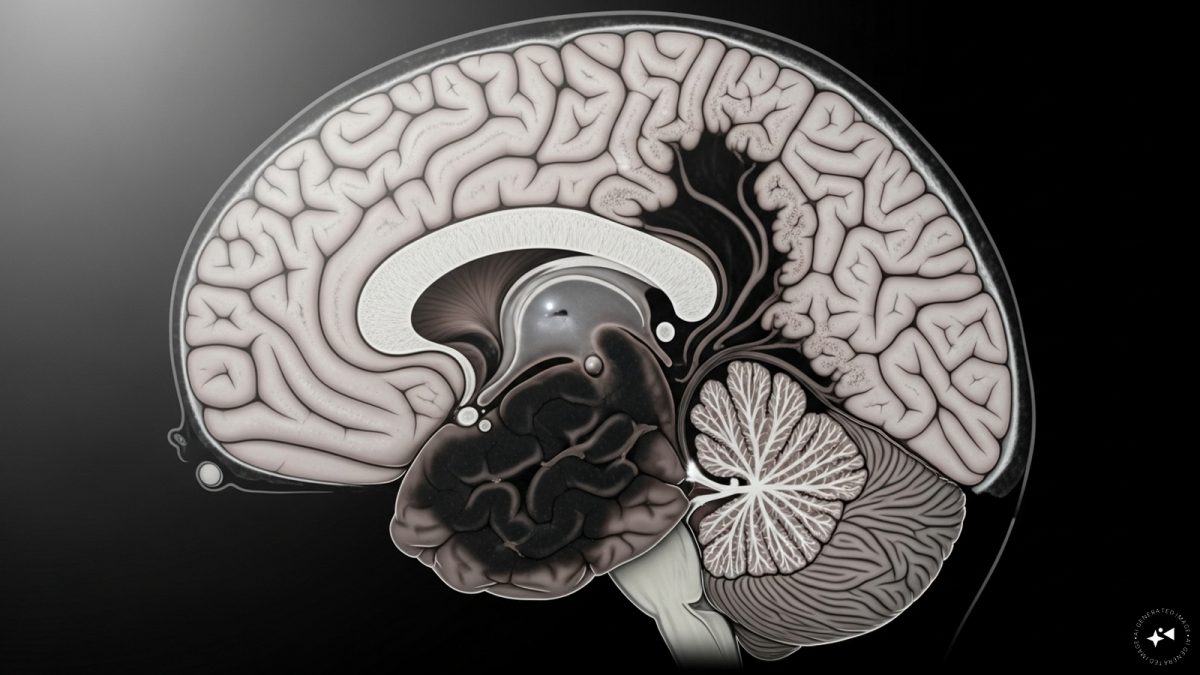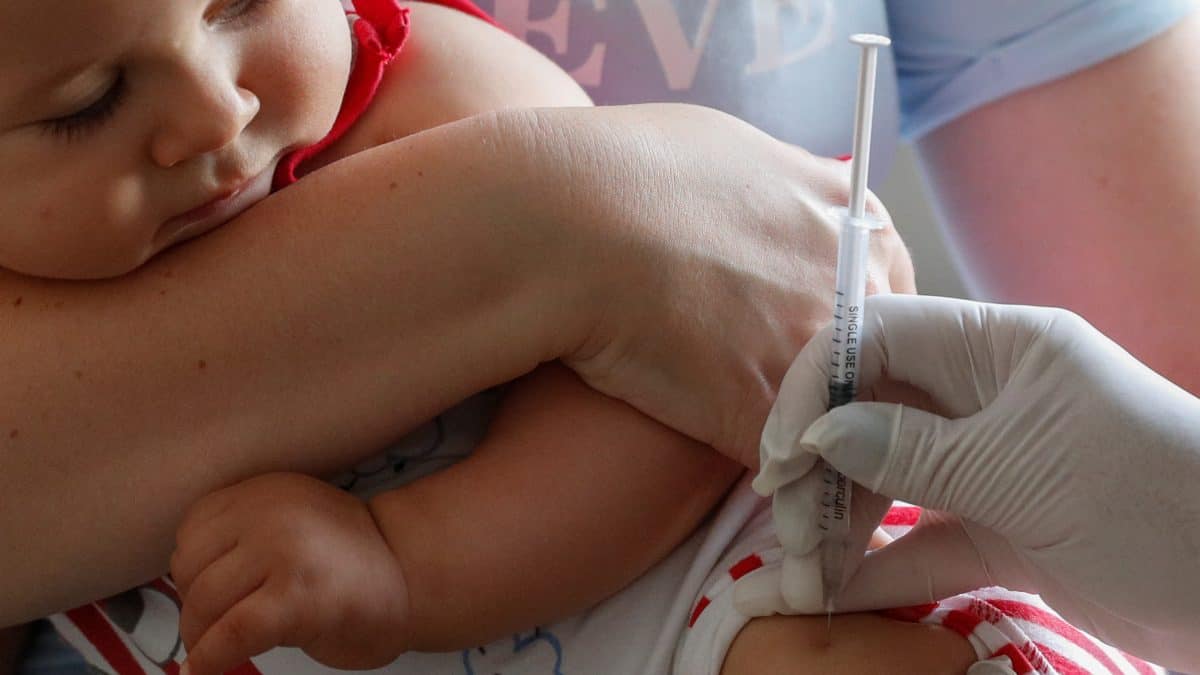One of the most devastating diseases in the world, Huntington’s, has been successfully treated for the first time, marking a major milestone in medicine. The disease runs through families and is known for killing brain cells. Many believe that the symptoms resemble a combination of dementia, Parkinson’s and motor neurone disease.
The research team, which led the UK part of the trial, told the BBC that the data showed that the disease slowed by 75 per cent in patients. They explained that the decline patients usually expect in one year would ultimately take four years after treatment, giving patients decades of “good quality of life”.
Prof Sarah Tabrizi told the BBC that the new treatment is a type of gene therapy given within 12 to 18 hours of a delicate brain injury. According to the researchers, the first symptoms of Huntington’s disease tend to appear in your 30s or 40s and are normally fatal within two decades.
Scientists and researchers laud the feat
Prof Tabrizi, director of the University College London Huntington’s Disease Centre, described the results as “spectacular”. “We never in our wildest dreams would have expected a 75 per cent slowing of clinical progression,” she said. While none of the patients who have been treated have been identified, one person who was medically retired has returned to work.
The scientists also noted that others in the trial are still walking despite being expected to need a wheelchair. However, the treatment of the disease is likely to be very expensive. It is pertinent to note that Huntington’s disease is caused by an error in part of our DNA called the huntingtin gene.
If one of your parents has Huntington’s disease, there’s a 50 per cent chance that you will inherit the altered gene and will eventually develop Huntington’s too. This mutation turns a normal protein needed in the brain – called the huntingtin protein – into a killer of neurons.
Impact Shorts
More ShortsThe goal of the treatment will now be to reduce levels of this toxic protein permanently, in a single dose. The therapy uses cutting-edge genetic medicine combining gene therapy and gene silencing technologies. It starts with a safe virus that has been altered to contain a specially designed sequence of DNA.
The virus then acts like a microscopic postman – delivering the new piece of DNA inside brain cells, where it becomes active. This leads to lower levels of mutant huntingtin in the brain. Prof Tabrizi told the BBC that gene therapy “is the beginning” and will open the gates for therapies that can reach more people.
She went on to pay tribute to the “truly brave” volunteers who took part in the trial, saying she was “overjoyed for the patients and families”. The researchers are already working with a group of young people who know they have the gene, but don’t yet have symptoms – known as stage zero Huntington’s – and are aiming to do the first prevention trial to see if the disease can be significantly delayed or even stopped completely.


)

)
)
)
)
)
)
)
)



